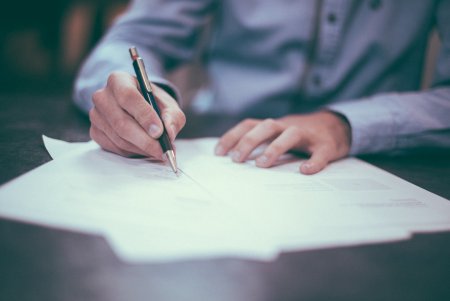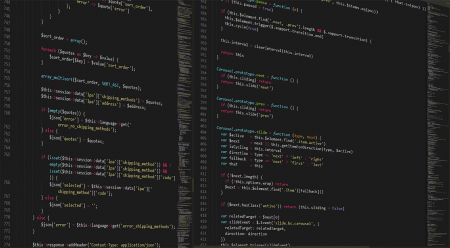Переведите мне, пожалуйста, текст. Только адекватноDo they have the specialised knowledge
Переведите мне, пожалуйста, текст. Только правильно
Do they have the specialised knowledge to interpret the evidence correctly?
N NEUTRALITY: This is very difficult as almost nothing on the internet is neutral. A good, informative site however should make an effort to acknowledge that there are different points of view on every possible subject. Is there anything that might influence the site, or the writer to take a particular point of view? Does the person writing know any of the people or issues involved (and how do they feel about them)?
Another mnemonic to help with critical analysis and covers very similar ground is the ABC of Web Literacy produced by the Penn Public Libraries. This lists five criteria for evaluating information on the web. These five points are Authority, Accuracy, Bias, Currency, and Coverage.
A AUTHORITY: Good information comes from a recognized authority. Who is the author, what authority do they speak from, who is the publisher of the information, and what is the relationship between the publisher and author?
A ACCURACY: How accurate is the information? Can the factual information be verified? Are sources listed? Is the way data is gathered explained?
B BIAS: All information will have some bias, but it is important to recognize it and understand how much. Is the information trying to sell you on a product or idea? Does it have documented references? Is it balanced?
C CURRENCY: Also timeliness, this covers how current the information is and when it was last updated.
C COVERAGE: Does the material adequately cover the subject for your needs? Does the author display a depth and breadth of knowledge on the subject?
REPORTING
Report things you are uncomfortable about. Many young people have a school culture which discourages them from getting other people into trouble, for the internet this will simply not be appropriate, the scale of discussions are so huge that, like in a society, it is the responsibility of the majority of sensible users to report the abusive minority.
Nearly all websites, and certainly all online communities and social media, have simple ways of reporting malicious behaviour. All too often however, people do not bother to report hate speech or lies, so the perpetrators are able to carry on spreading their hatred.
It is important to teach students to report material that they think is wrong, offensive, or spreading hate. Students should:
Keep a record of what happened, noting the time and date (some content, particularly on chat room threads, can be easily removed, so it is best to note down when you saw it).
If the offensive content was online take a screenshot, this will be a permanent record of what happened.
If it arrived via email, online chat or text keep the message (and if possible the username, or email address of the person who sent it to you).
It should then be brought to the attention of an adult (parent or teacher) is a good start, they can advise on the next appropriate steps. Which might include:
The site administrator: The excellent website See it Report it,6 set up to counter online extremism, provides a handy guide for any user on how to report offensive content on a number of different social media sites.
The ISP (internet service provider): The registered owners of sites can be identified using online registries, and many ISPs will remove offensive content (particularly offensive or abusive websites), when they are made aware.
NGOs: Many countries have NGOs that monitor online extremism or abuse and may provide help in taking that report forward.
Law Enforcement: In some cases, particularly where the messages are sent directly to an young person, contacting the police will be appropriate.
-
Вопросы ответы
Статьи
Информатика
Статьи
Математика.
Разные вопросы.
Разные вопросы.
Математика.
Разные вопросы.
Математика.
Физика.
Геометрия.
Разные вопросы.
Обществознание.




